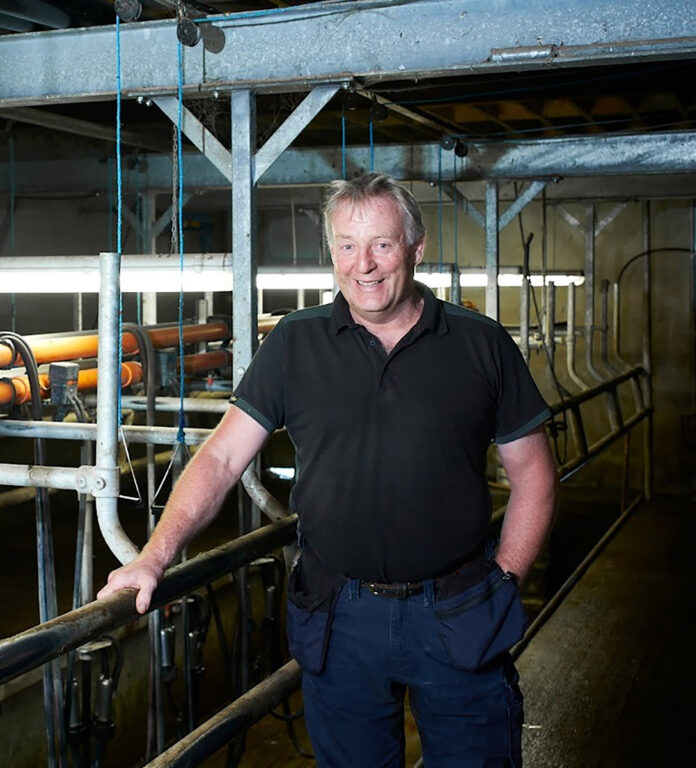
The chairperson of ICMSA’s Livestock Committee, Michael O’Connell, has welcomed the hugely positive start to the new year’s beef trade and said that it is absolutely essential that beef prices remain strong for the year ahead, so as to close the gap with our UK counterparts and deliver a realistic margin for farmers.
Base prices for steers and heifers have seen positive upward momentum since Christmas with €5.60c/kg base price freely available for both categories and more to be gained through a bit of negotiation.
Flat prices of up to €6.20c/kg is available for in-spec Angus cattle while Friesian steers have commanded up to €5.70c/kg.
Describing these prices as a hugely positive opening for farmers, Mr O’Connell said: “We have often seen processors in previous years talking down trade post-Christmas, but they won’t even try that this year because supply of slaughter-fit cattle is at an all-time low.”
The ICMSA Committee chairperson said that farmers with beef cattle to sell need to know the value of their own stock and explore their options. While mart re-openings are delayed in some cases due to weather, this is having a ‘knock-on’ effect in terms of available cattle for slaughter with the mart trade expected to be ‘rip roaring’ according to factory agents and mart staff.
“We have heard cases of farmers being offered a ‘this is just for tomorrow because of the weather’ deal or being told ‘there’s plenty of cattle to come mid-January and I’ll get yours away before the trade settles’ deal, but realistically factories are very set on sourcing cattle. We want farmers not to feel pressurised into slaughtering cattle if they are not satisfied with the price,” Mr O’Connell stressed.
Mr O’Connell said that since the resumption of slaughtering post-Christmas, ICMSA is aware of reports that a number of factories have been short up to 100 cattle against the daily kill plan.
He said that while farmers will be told that weather is a very significant factor – and it may be for a few days and in a geographic way – the reality is that slaughter-fit cattle are not there. He said that year after year of farmers facing the whim of factories and being offered demonstrably unsustainable prices has eventually led to this gaping hole in supply.
“The line had to be drawn somewhere; famers have done the sums and finishing cattle wasn’t adding up. This is the reality behind the price of the R3 steer being approximately 70c/kg ahead of where it was this time last year despite being a further 99c/kg behind our UK counterparts.
“It amazes me to see how our UK counterparts are so far ahead of us in terms of beef price when we export roughly 45% of our beef to them – a fact that is not being reflected in our market returns here,” said Mr O’Connell.
Mr O’Connell concluded up by commenting on the transparency of the Organic Beef Sector and how the conventional factories could learn from them.
“Organic farmers have the option of signing up to a forward beef price contract, set out three to four months in advance. Conventional beef finishers would love to see this implemented by processors as we are told on a regular basis that there is no such thing as a ‘contract’ in place for finishers or feedlots.
“A forward price agreement would take a certain amount of the risk out of finishing cattle and taking into account the trade for store and forward store cattle, something will have to change to take the risk out of this huge investment. We think this would go a long way towards that,” he said.







